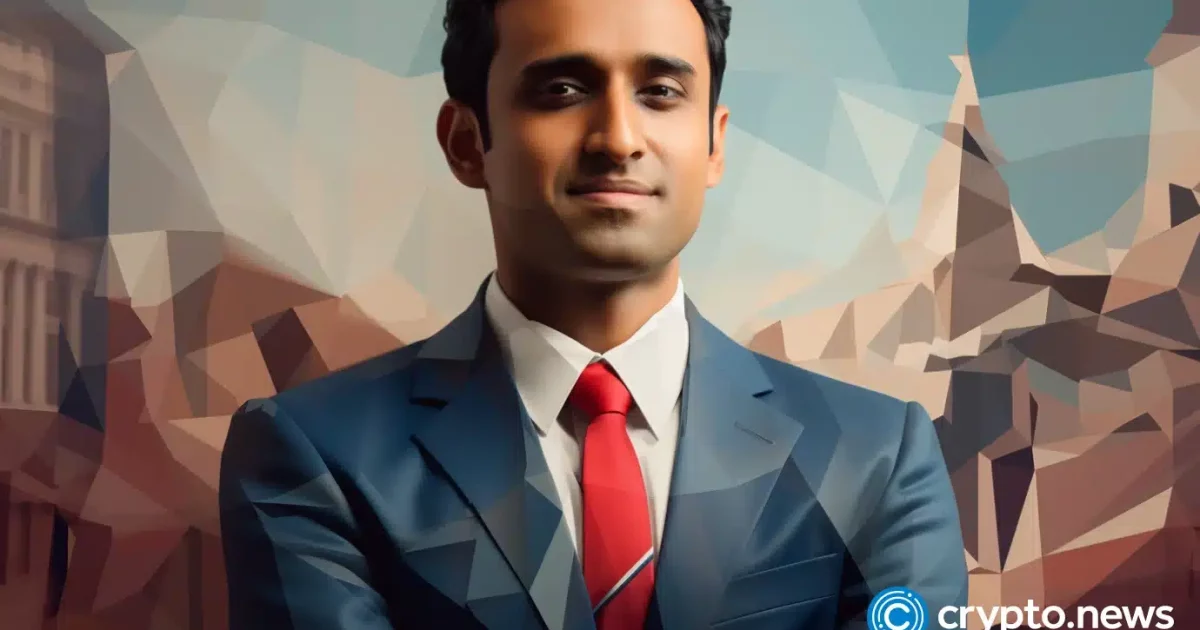Bitcoin and crypto were on the agenda during the Republican presidential debate, with one contender chastising regulators for not doing enough and allowing FTX to happen.
GOP candidate Vivek Ramaswamy pushed back on the narrative that Bitcoin (BTC) and digital assets bootstrap criminal activity by facilitating unchecked money transfers through decentralized networks.
Ramaswamy said that Bitcoin offered an alternative to America’s broken financial architecture” and that his policies would bolster economic freedom in the United States.
When asked if legitimizing the burgeoning crypto industry would not also incentivize illegal activity, Ramaswamy spoke to inadequate existing policies and preexisting use of traditional financial systems by criminals.
The Republican candidate also said that agencies like the Securities and Exchange Commission (SEC) and its current chair, Gary Gensler, failed to prevent cases like FTX, a crypto exchange founded by the convicted Sam Bankman-Fried.
Look, fraudsters, criminals, and terrorists have been defrauding people for a long time. Our regulations need to catch up with the current moment. The fact that SBF was able to do what he did at FTX shows that whatever they have as the current framework isn’t working.
Vivek Ramaswamy, GOP presidential candidate
Bankman-Fried was found guilty on seven criminal charges over FTX’s multi-billion dollar collapse. Court testimonies revealed millions illegally donated to political campaigns and theft of customer funds for personal enrichment.
Ramaswamy added that Gensler’s refusal to state whether Ethereum (ETH) counted as a regulated security was “embarrassing”. The current SEC boss has avoided directly clarifying Ethereum’s security status while noting that BTC likely qualified as a commodity. Gensler stressed that most cryptocurrencies operate as unregistered securities.
On several occasions, the SEC chairman has also accused the crypto industry of wide-ranging non-compliance, crypto.news has reported.
Ramaswamy, a former biotech executive, emerged as a seemingly pro-crypto presidential contestant for the Republican party with his “Three Freedoms of Crypto” policy framework, touted to unshackle U.S. innovators from the administrative state.
Experts have said that crypto regulation will likely remain undecided until after the 2024 election.
The comments at the GOP debate came hours after Jamie Dimon, Chairman and CEO of JPMorgan, said he would shut down Bitcoin and crypto if he were in charge of the public’s wellbeing.




